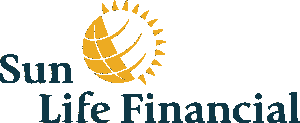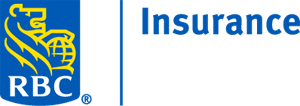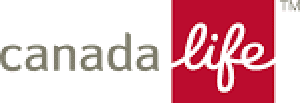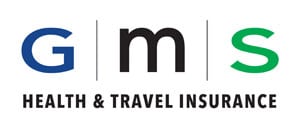This article specifically discusses wealth management from the perspective of cottage owners, especially those who want to keep a cottage in the family.
What You Need To Know About Cottages
When you pass away assets transferred to your children can result in a capital gains tax, which has to be paid before your children can get the inherited property.
In particular, there is a major difference between a cottage and a principal residence, in that the principal residence can be sold tax-free, while the transfer of a family cottage is not tax-exempt. Also, if the estate owes money (e.g. tax) then the cottage may need to be sold to pay the money owing.

Sell Your Cottage To Your Kids
You should strongly consider selling the cottage to your children while you have the chance. This sets a limit on the tax liability, and the cottage does not have to be sold upon your passing (if the estate owes money). In addition, this will avoid probate fees.
NOTE: do not attempt to decrease the capital gain by selling the cottage for a very cheap price. The CCRA calculates the capital gain based on fair market value.
Avoid Debt
Consider spreading out the payments for at least 5 years if you take the mortgage back from your kids. Also, you can make the mortgage interest-free, and forgive the left-over balance in your will so that when you pass away your children will own the cottage without owing any debt.
Permanent Life Insurance
Another thing to consider is using permanent life insurance to help manage your wealth and estate (obviously this would include any cottages). Creditor protection and tax benefits are just a couple of advantages to permanent life insurance!








